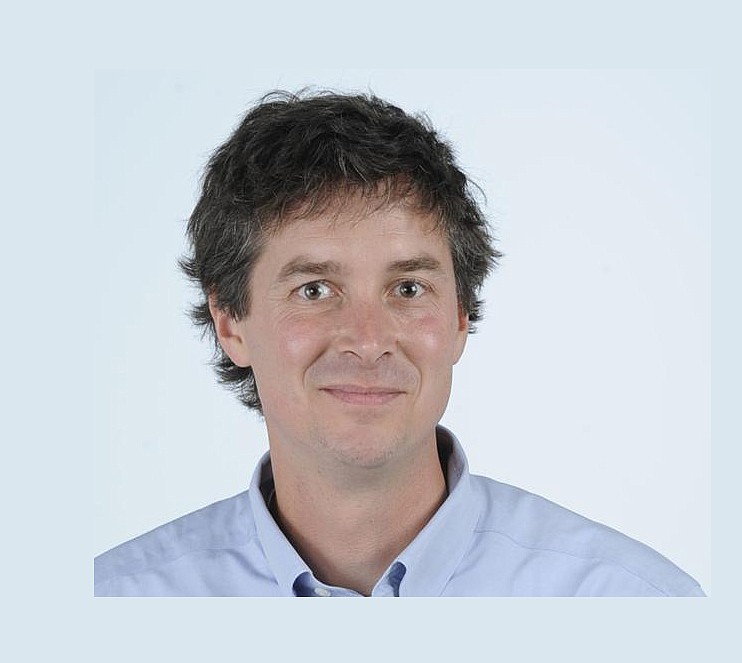Need a topic for small group discussion? Or a Sunday sermon? This weekend, get some popcorn and go watch someone being tortured.
It may open the door for a conversation that is long overdue.
"The first extended sequence in the movie shows a detainee being strung up by his wrists, sexually humiliated, deprived of sleep, made to feel as if he's drowning and shoved into a box smaller than a coffin,'' writes Frank Bruni of The New York Times.
Opening today in theaters is "Zero Dark Thirty,'' the two-hour, 40-minute movie based on the Navy Seal account of the capture and killing of Osama bin Laden.
Directed by the powerful Katheryn Bigelow ("The Hurt Locker''), the film revives post 9/11 ethics: In the pursuit of bin Laden, is torture -- electric shock, sexual violence, sleep deprivation, waterboarding -- an acceptable and moral tool?
"As a former Army Ranger, I was appalled that any branch of government would even consider waterboarding or any other type of torture. When I was in, it was very much illegal,'' said Chattanoogan Steve Huff. "But after 9/11, things changed.''
The film -- critics are calling it the best picture of late -- helps us confront the shadow of our national self. Like "Lincoln,'' the film pushes us to ask: Who are we as Americans?
"The movie shows us who we are, but then we need ask ourselves, is this who we want to be?'' Huff said.
Huff has lived a life shaped by two forces, both a distinct part of the American landscape.
Christianity. And the military.
Among the American troops who invaded Panama in the pursuit of former dictator Manuel Noriega, Huff understands the practicalities and consequences of violence.
"It produces a Medusa effect. You chop off one head and two appear,'' he said. "You torture one terrorist and two show up. You kill one terrorist and three more swear a life of terrorism to avenge his blood."
Huff condemns the tempting politics of Machiavelli, the Italian Renaissance philosopher who introduced the political concept that immoral action can lead to moral good. The means (torture) do not have to justify the ends (peace). His influence has been a whisper in the ear of powerful people ever since.
"Somebody please tell Dick Cheney that Machiavelli was a fool,'' said Huff.
After his career as a Ranger, Huff -- raised in a fundamental northern Adventist community -- encountered a God he describes in profound ways: more interested in mercy than revenge, steeped in forgiveness, rooted in nonviolence.
Three things not part of the hunt for bin Laden.
"If evil is truly to be overcome, it must be overcome with good,'' said the former Ranger, who has written a book ("Altar Call: Where Went Mercy?") that includes a chapter about waterboarding in the Bible. "Mercy is a higher form of behavior than vengeance.''
Jesus was, as they say on the streets, straight-up. He didn't mix words. Lay down your sword. Love your enemies. Turn the other cheek. Forgive. Judge not. Forgive some more. Love some more.
Why? As the old saying goes: You make the road by walking.
Acting with love hastens in a beloved community. The ends and the means become one in the same. Doing otherwise distorts the Christian message and paints a secular ethic over a lofty one.
Yet the violence of our post 9/11 policy -- two wars, billions of dollars, torture politics -- have met little resistance from American Christians. Silence. Or support. But not resistance.
"Love your enemy,'' Huff said, "is the truest definition of love there is.''
Is that an American thing to say?

